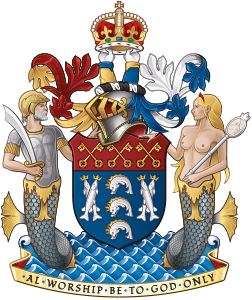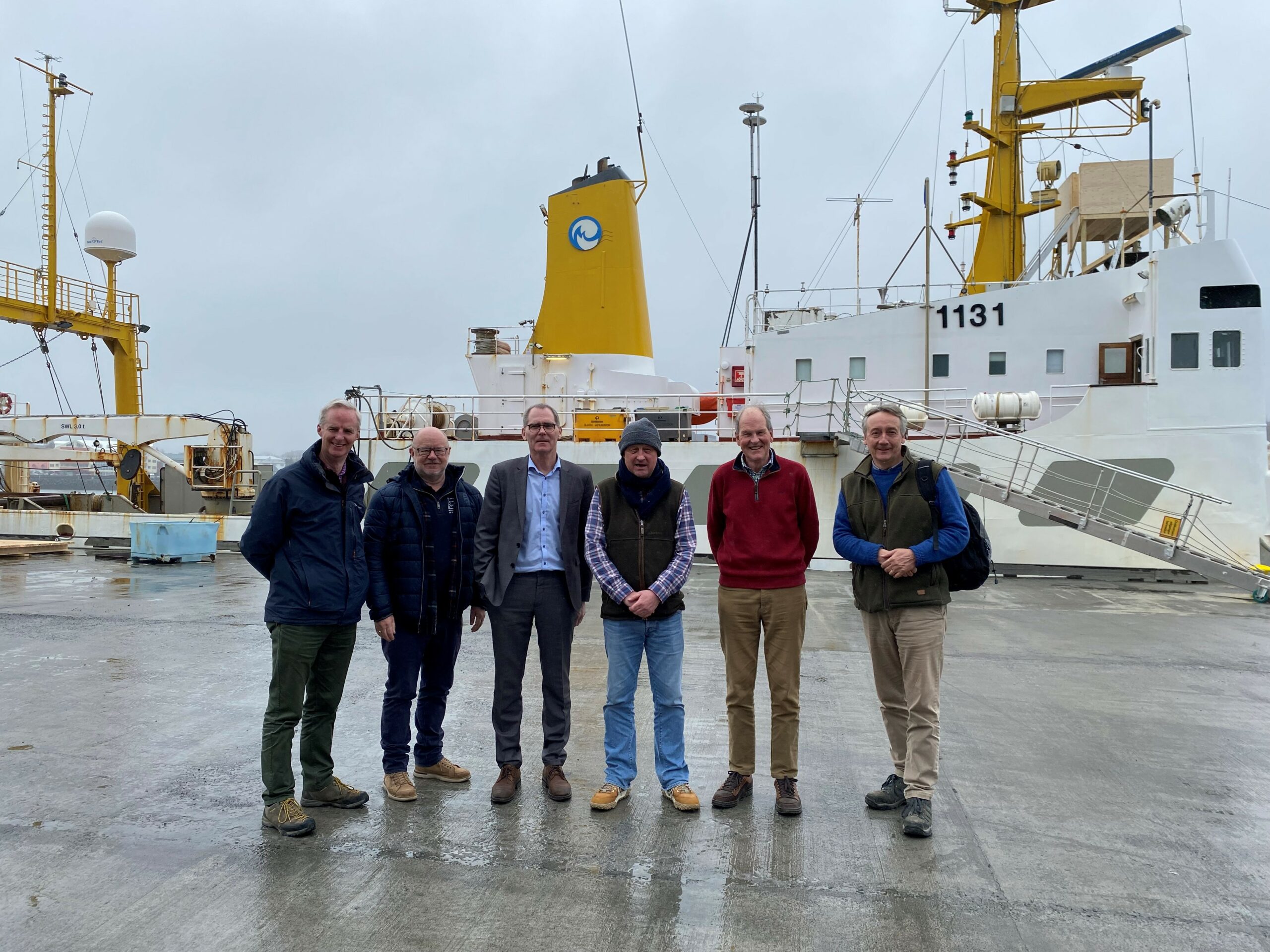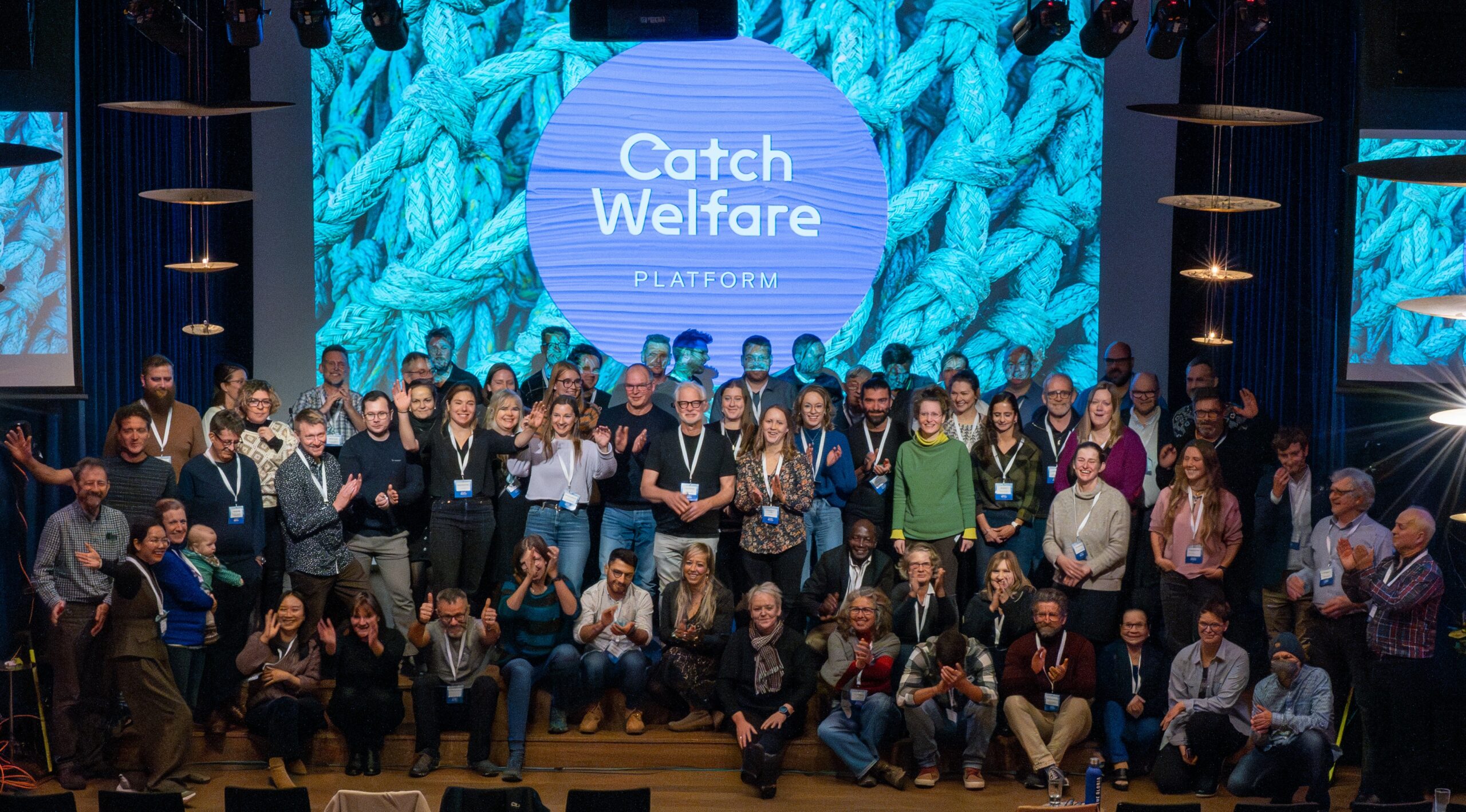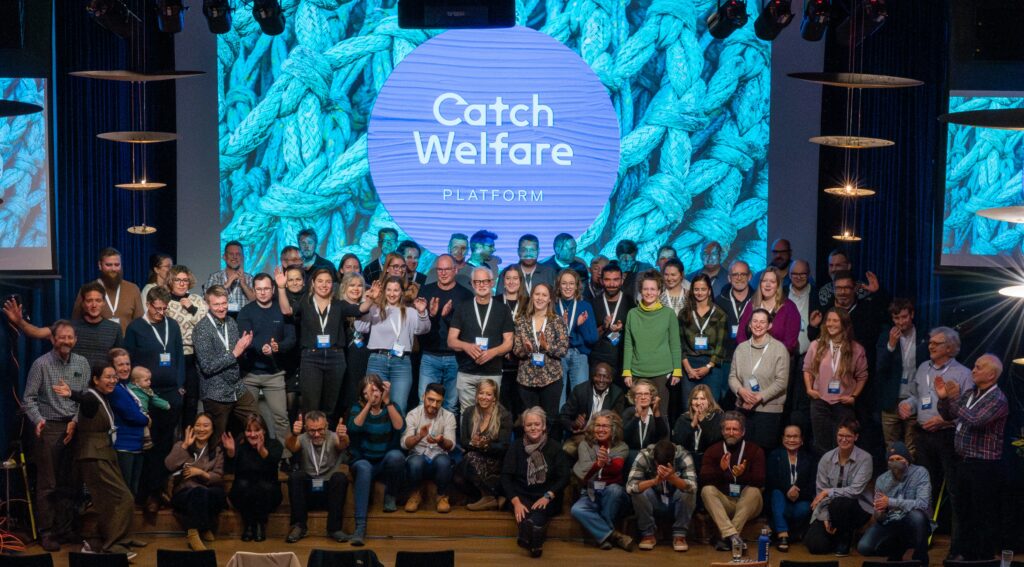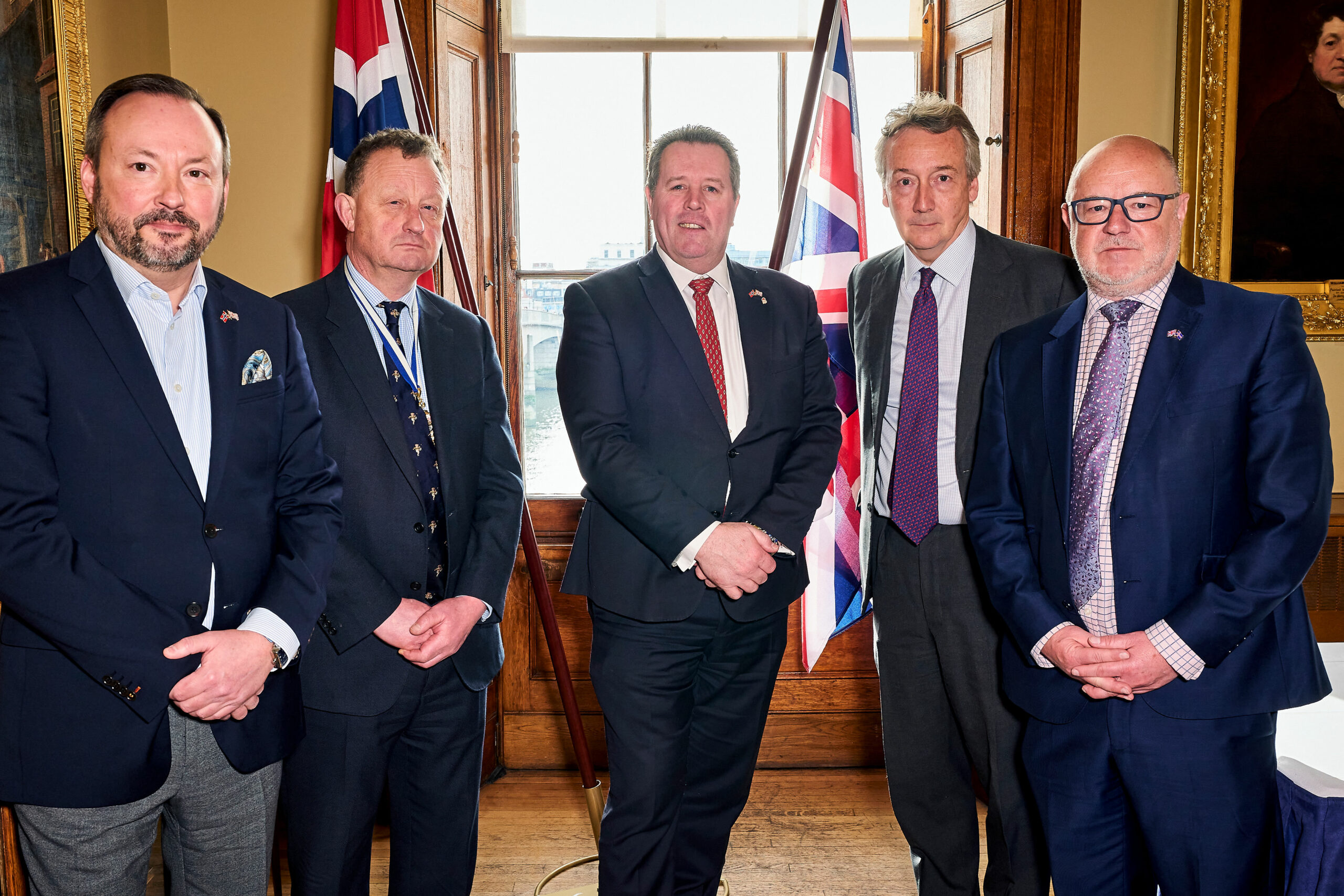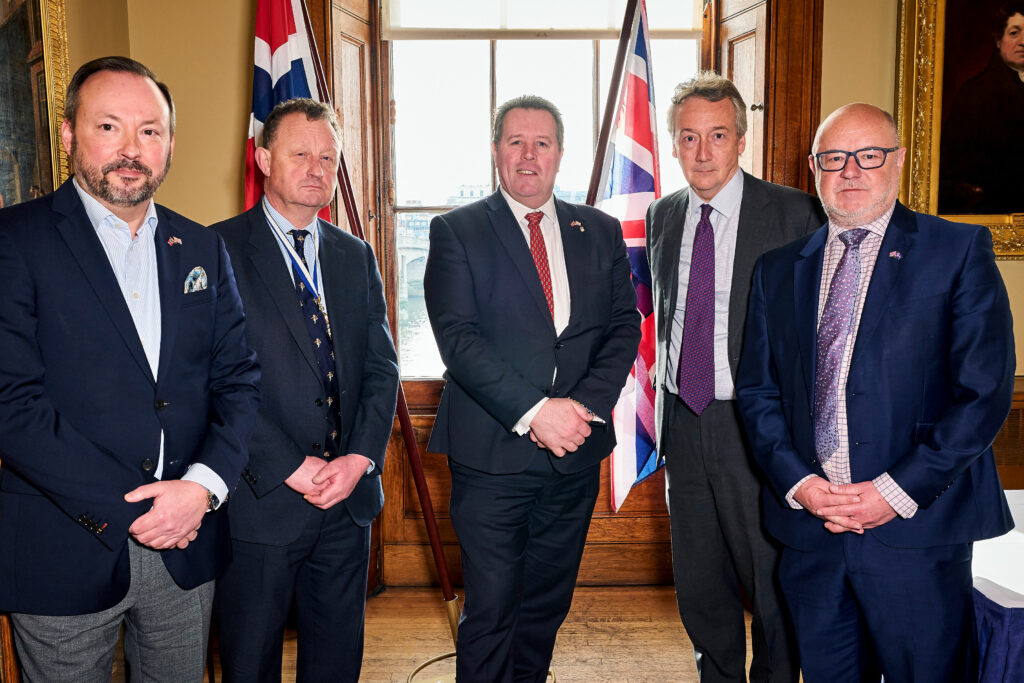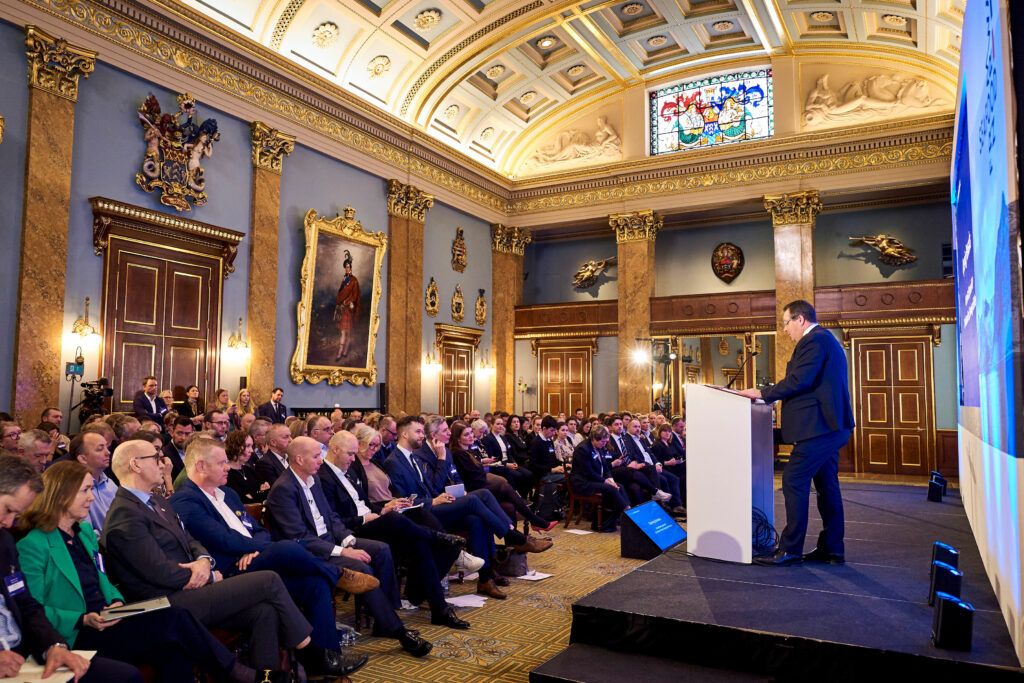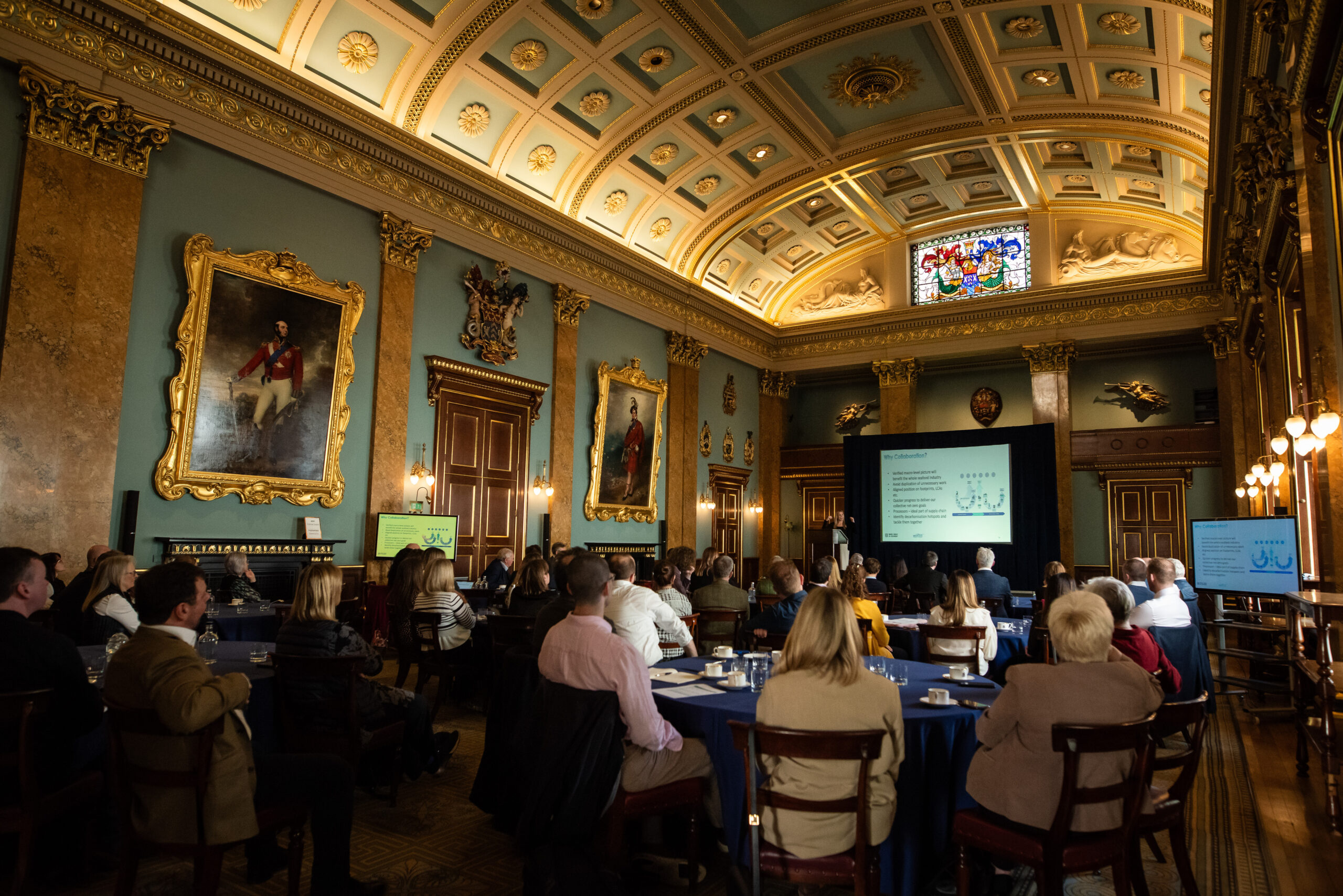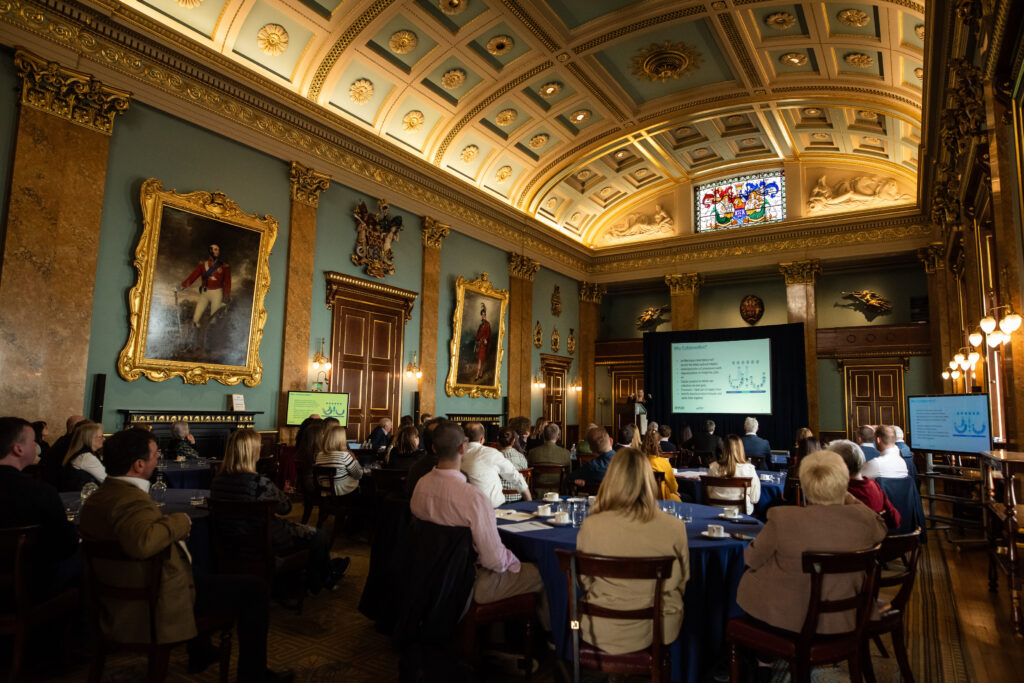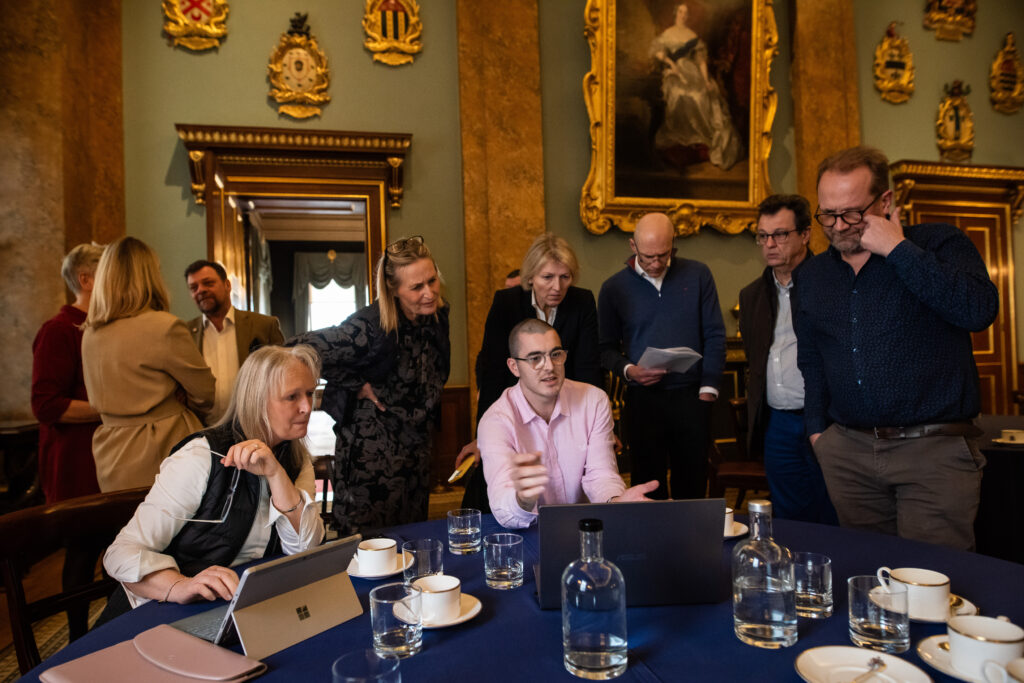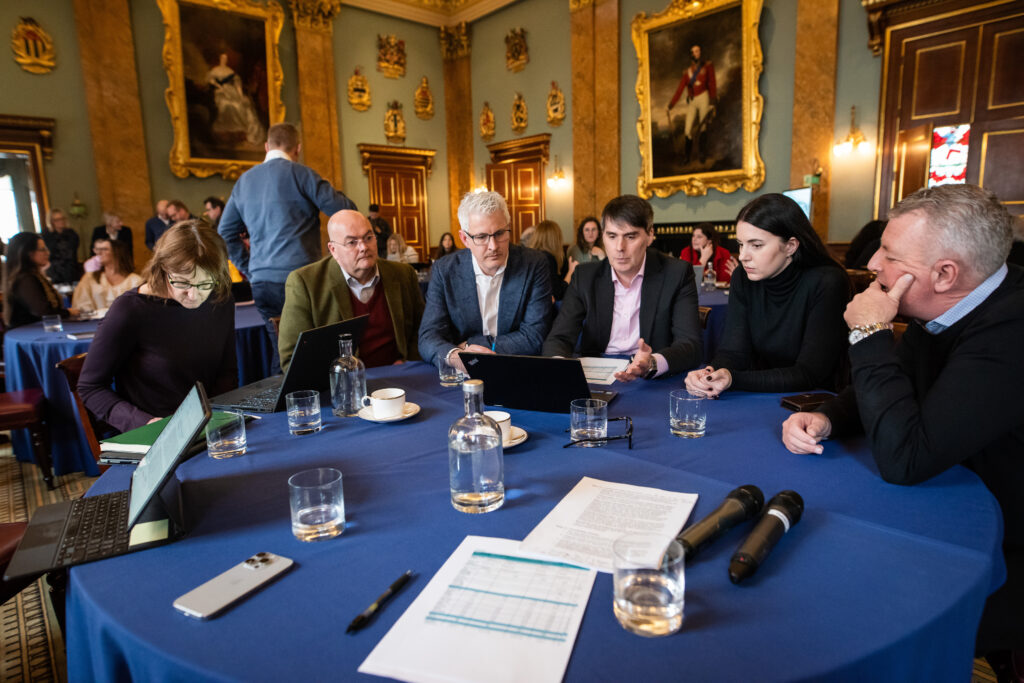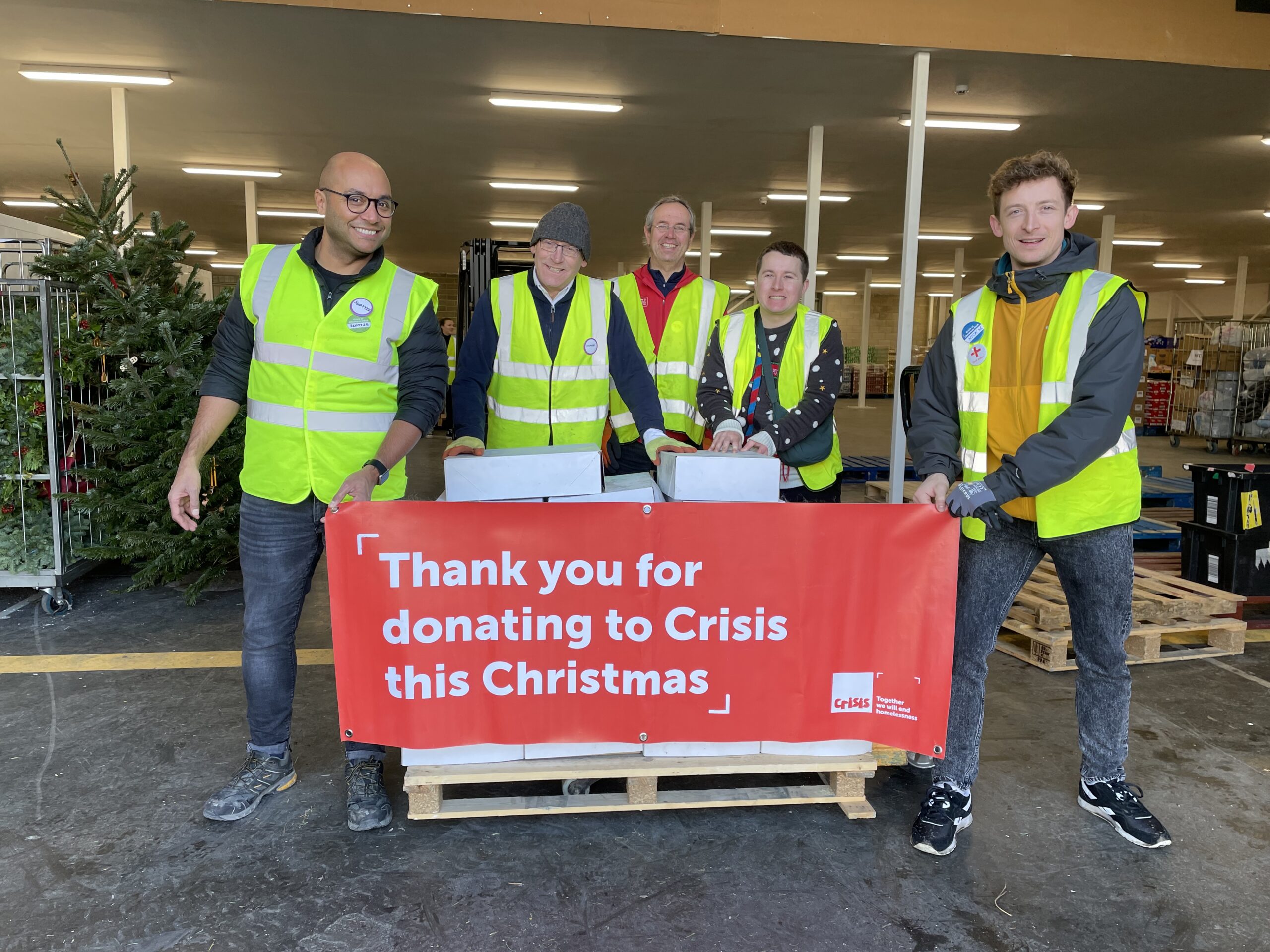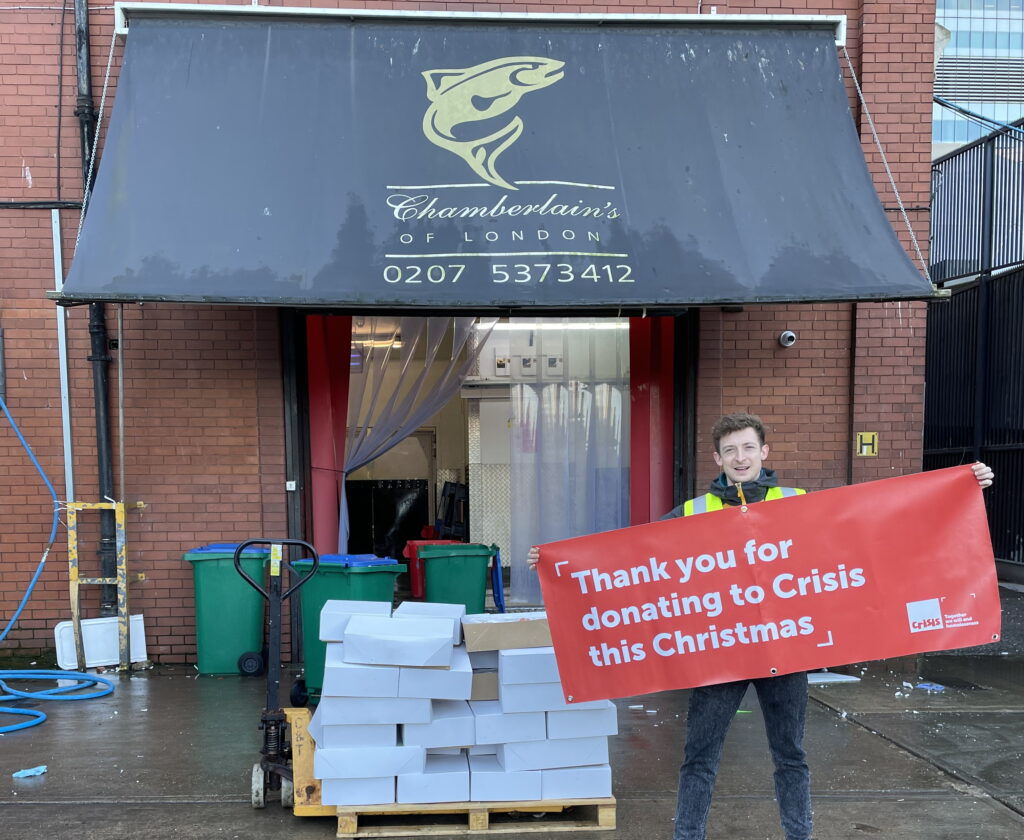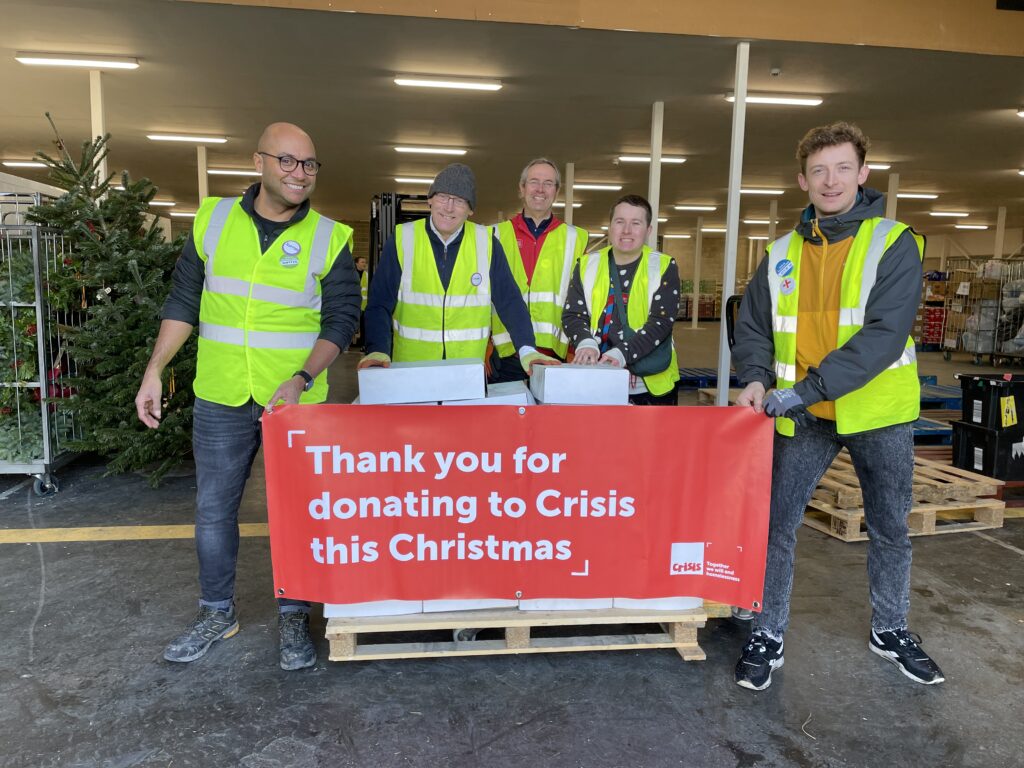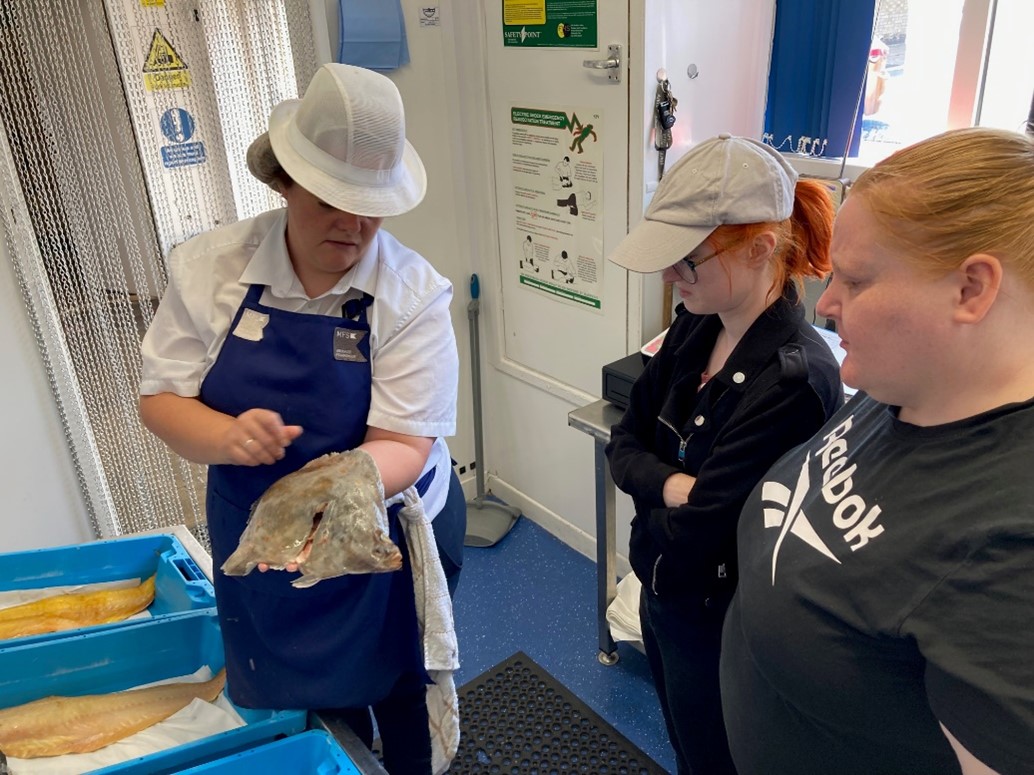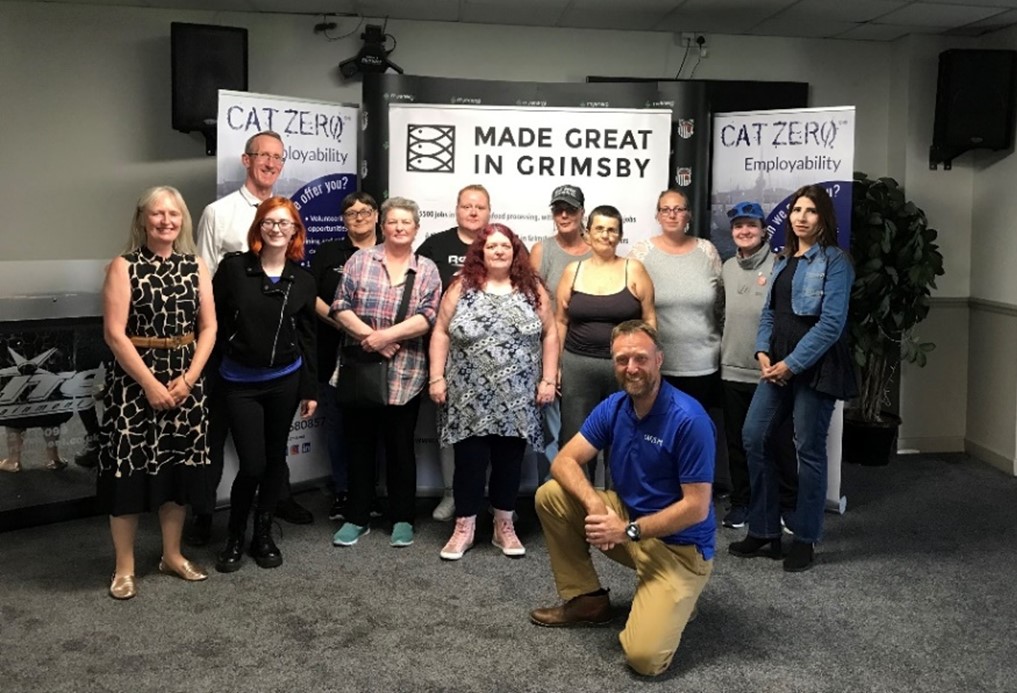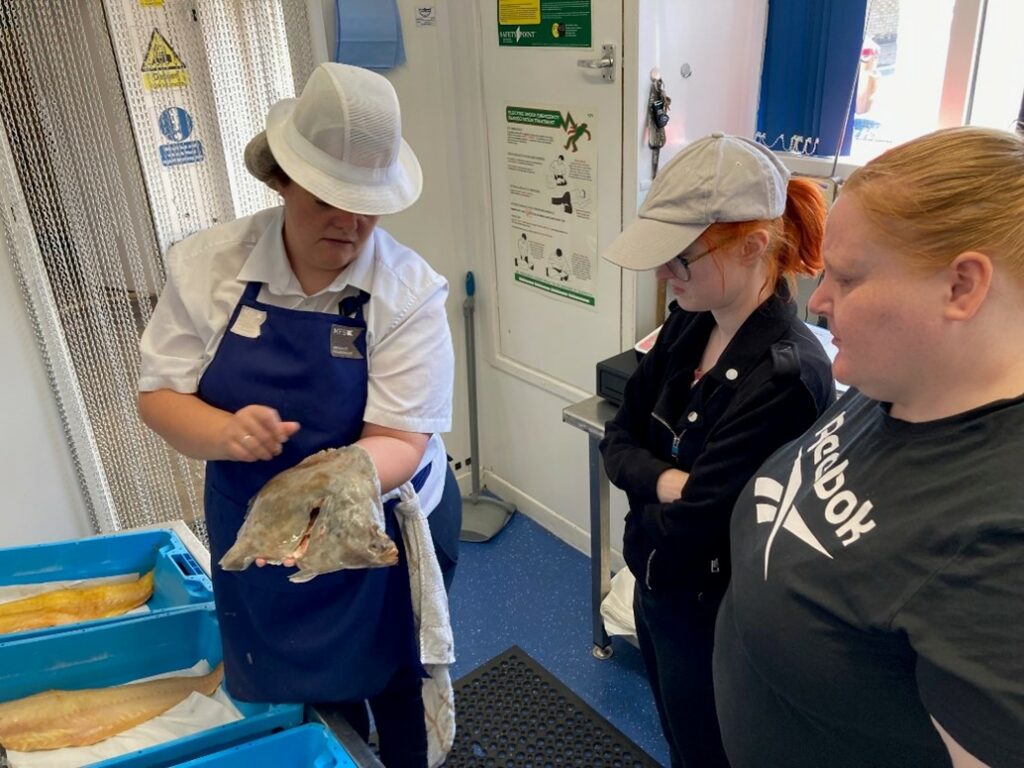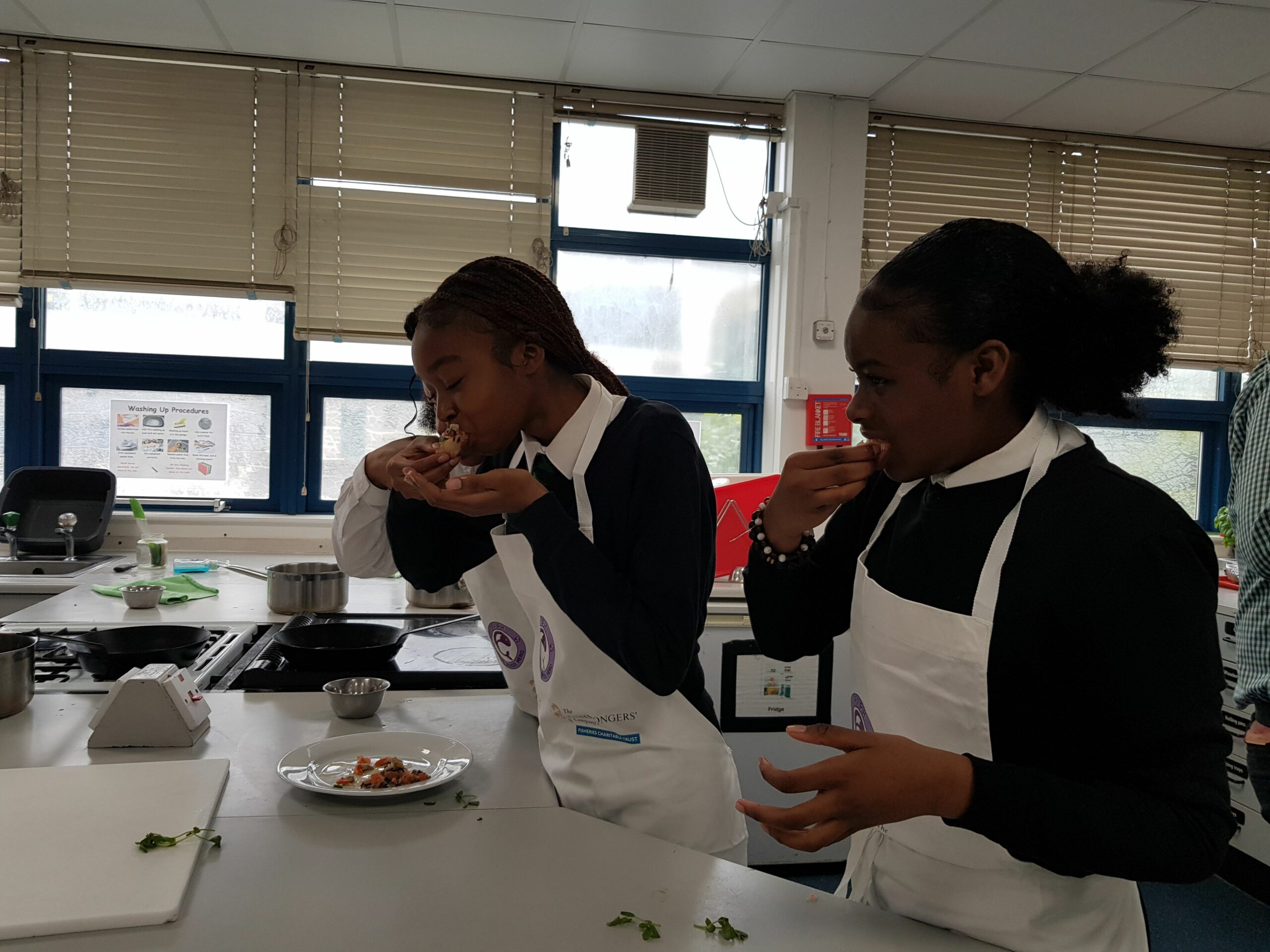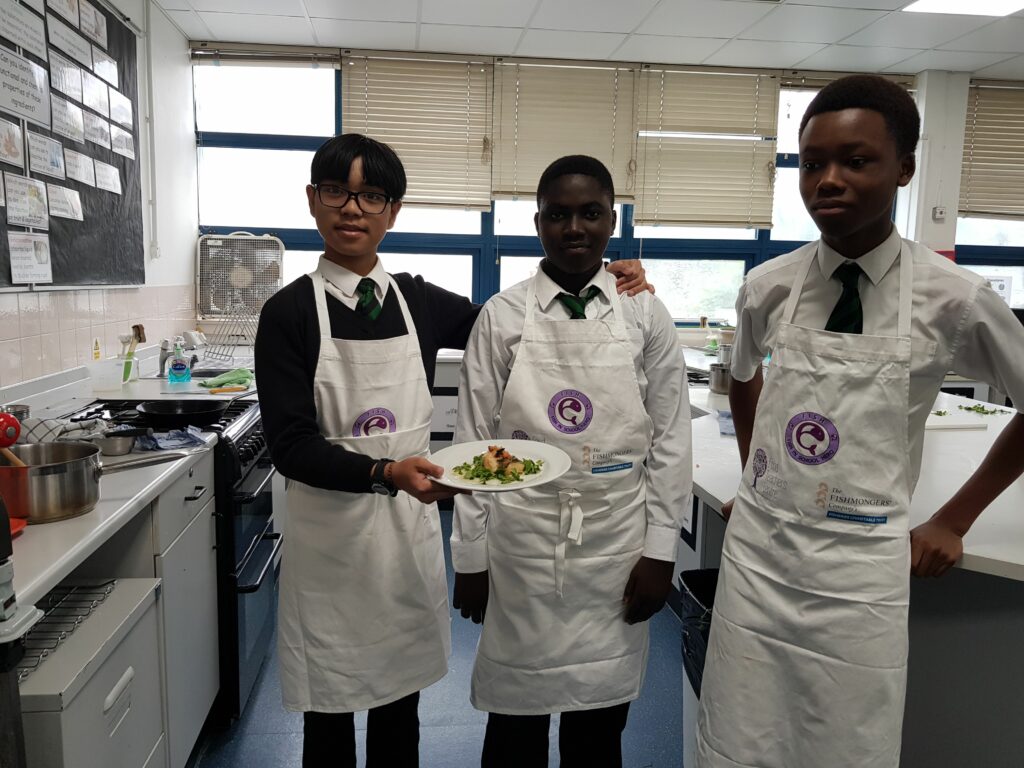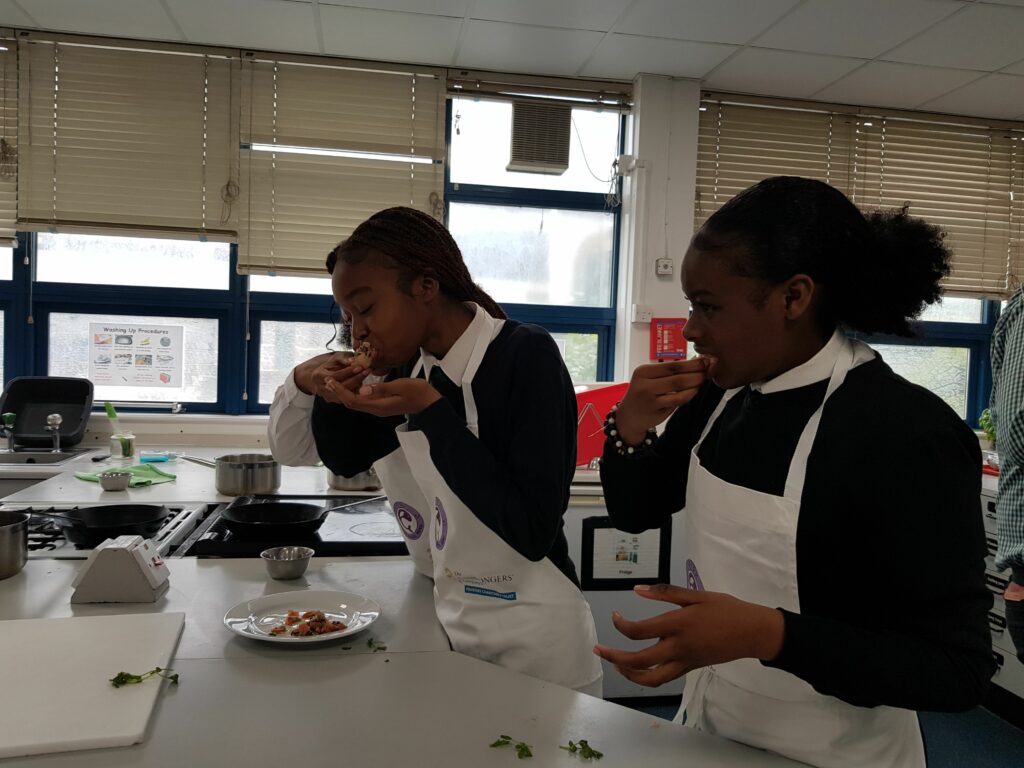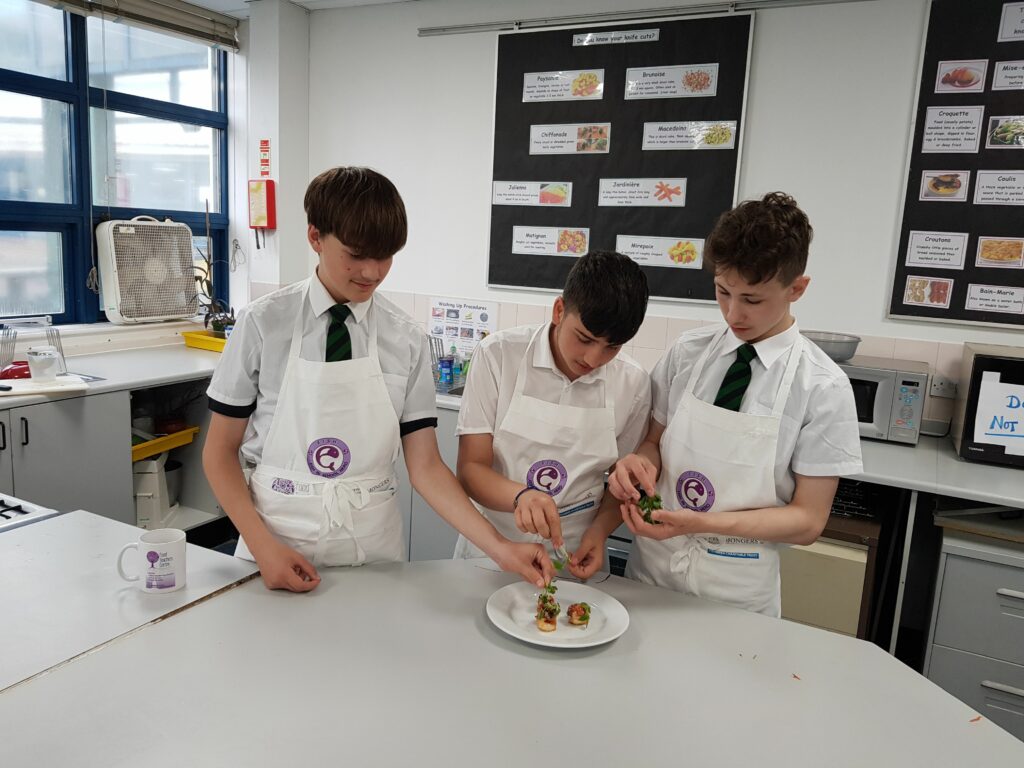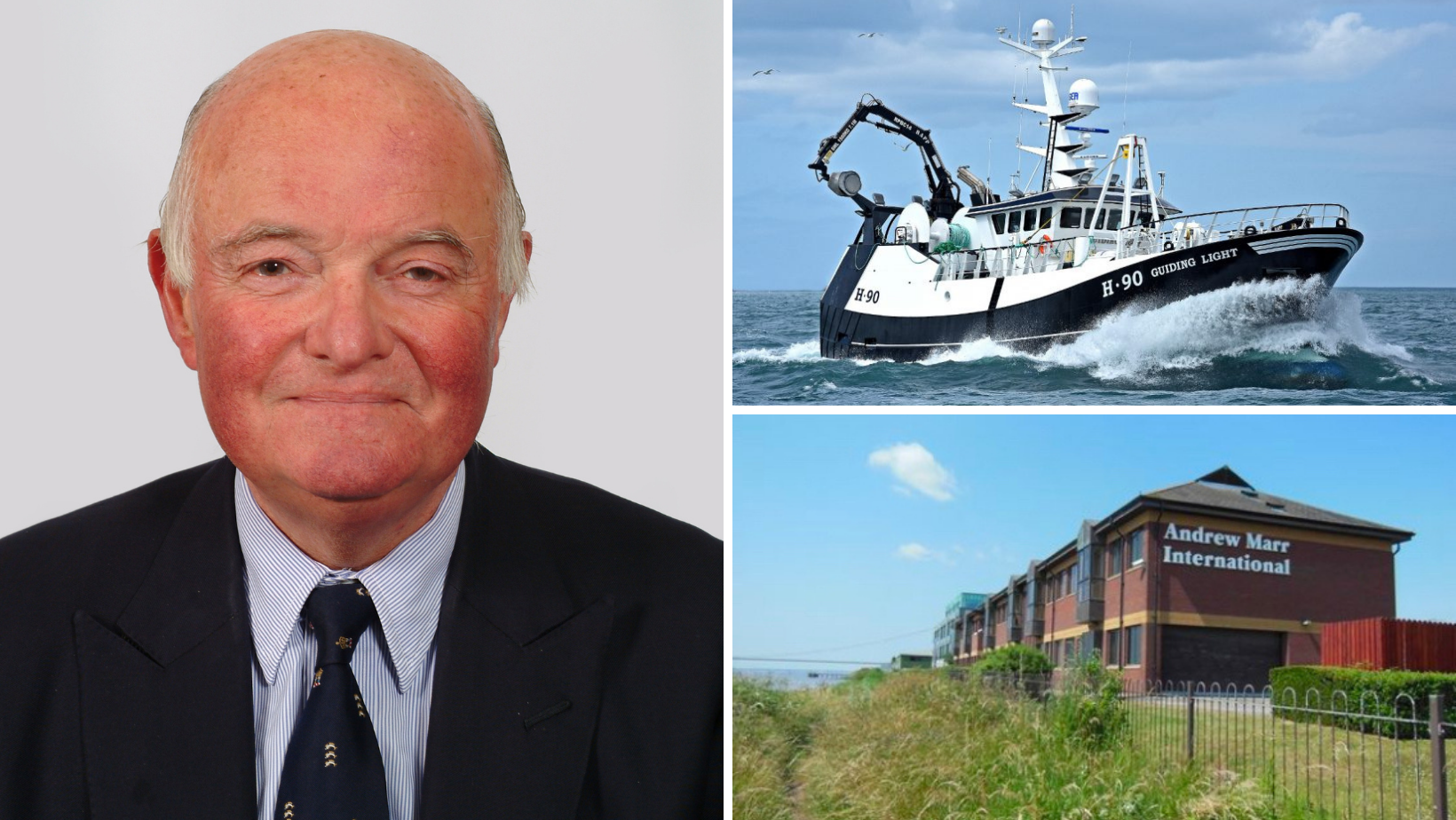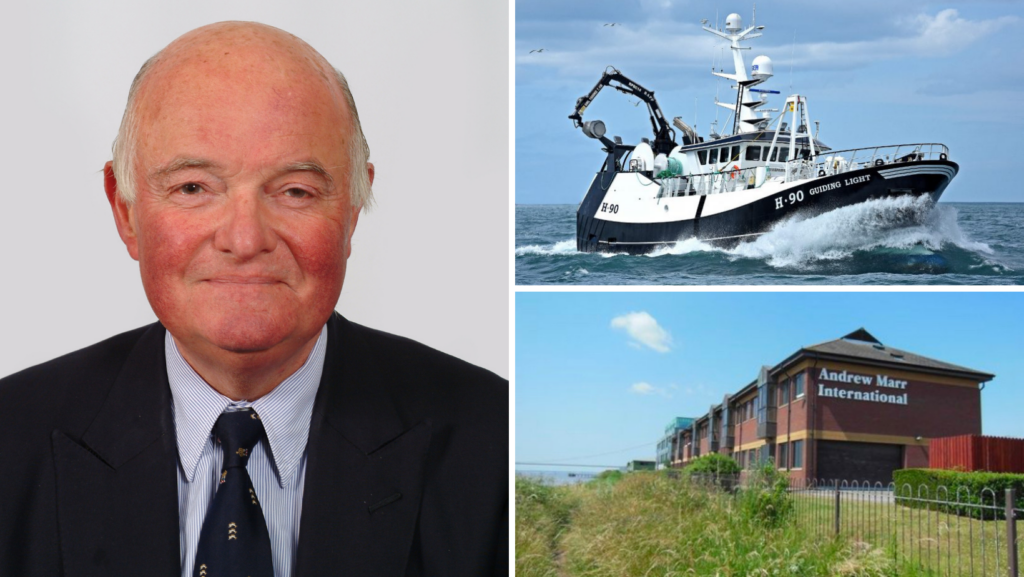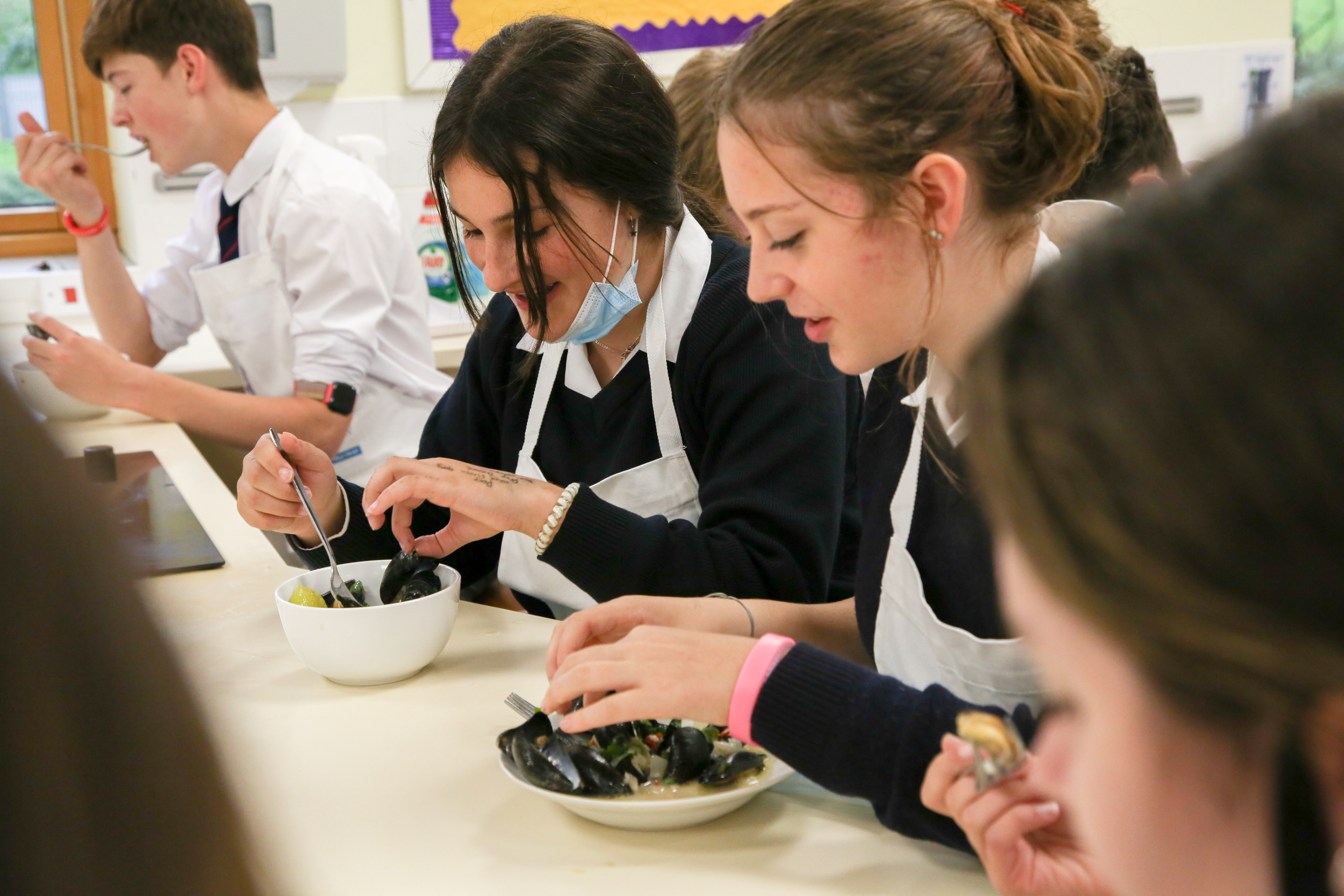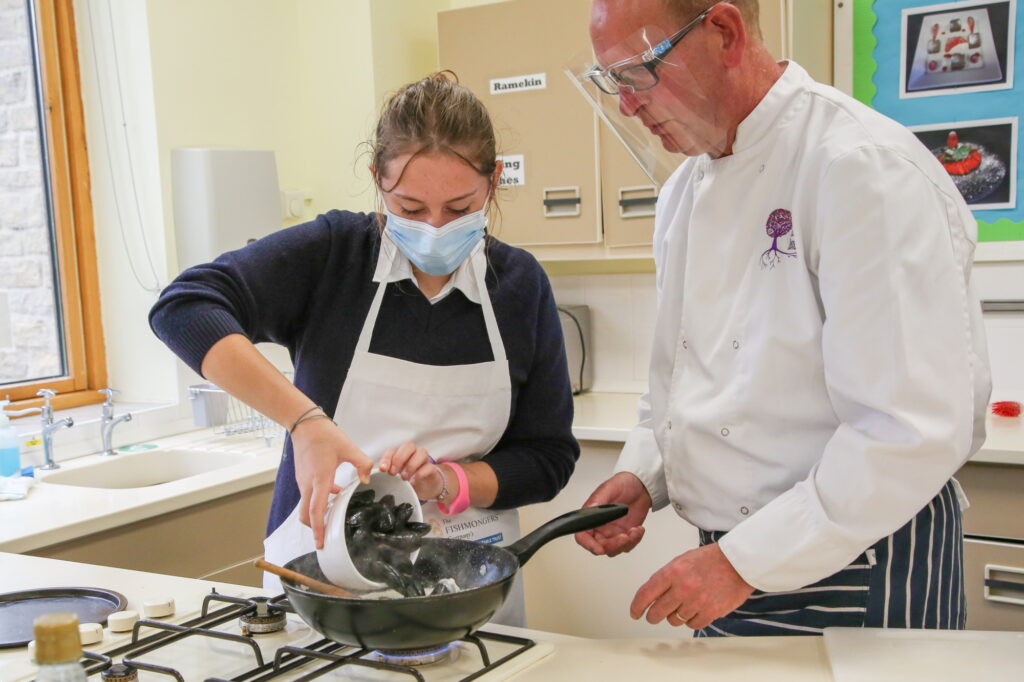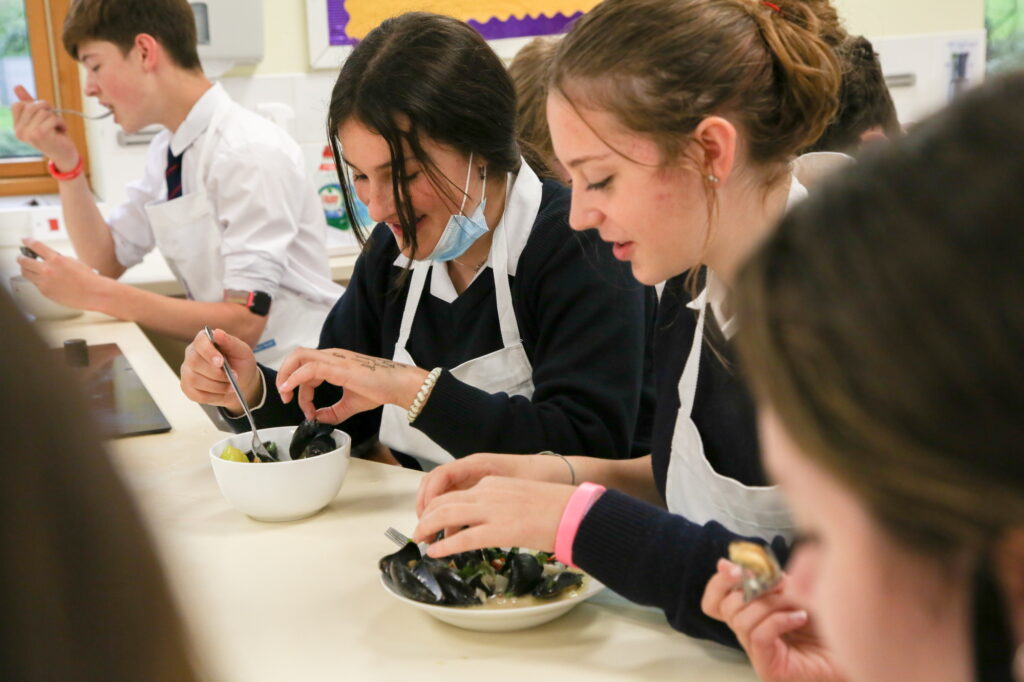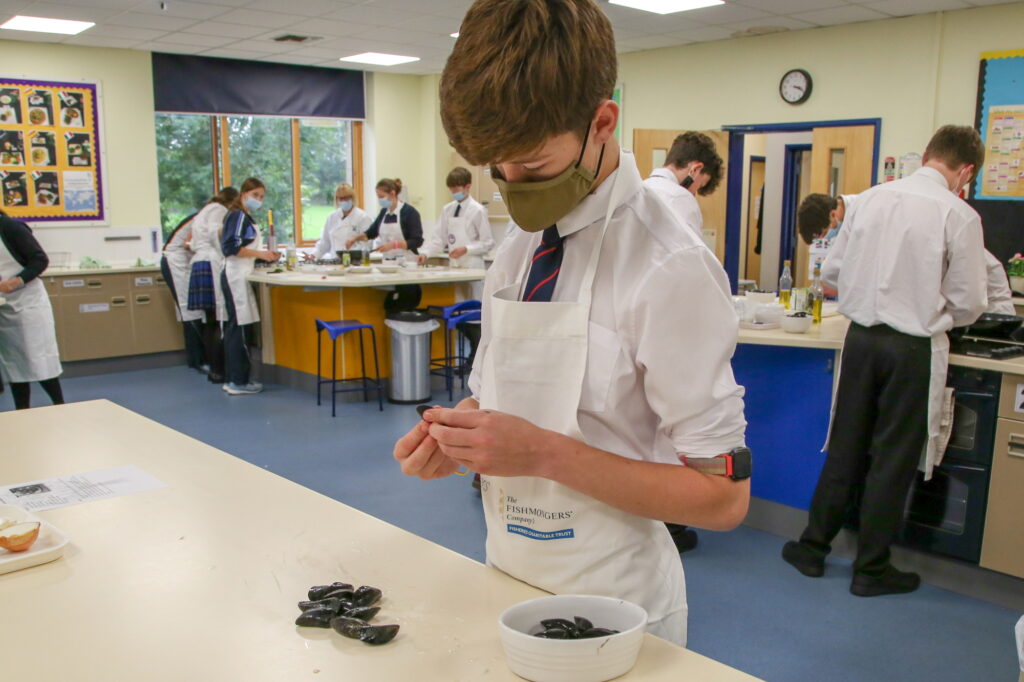Around one third of the Icelandic economy revolves around the Fish Trade – and much of their sustainable whitefish makes its way directly through the port of Grimsby and on to UK consumers, via wholesalers, retailers and the food service sector – including much of the sustainable cod served in our UK fish and chip shops.
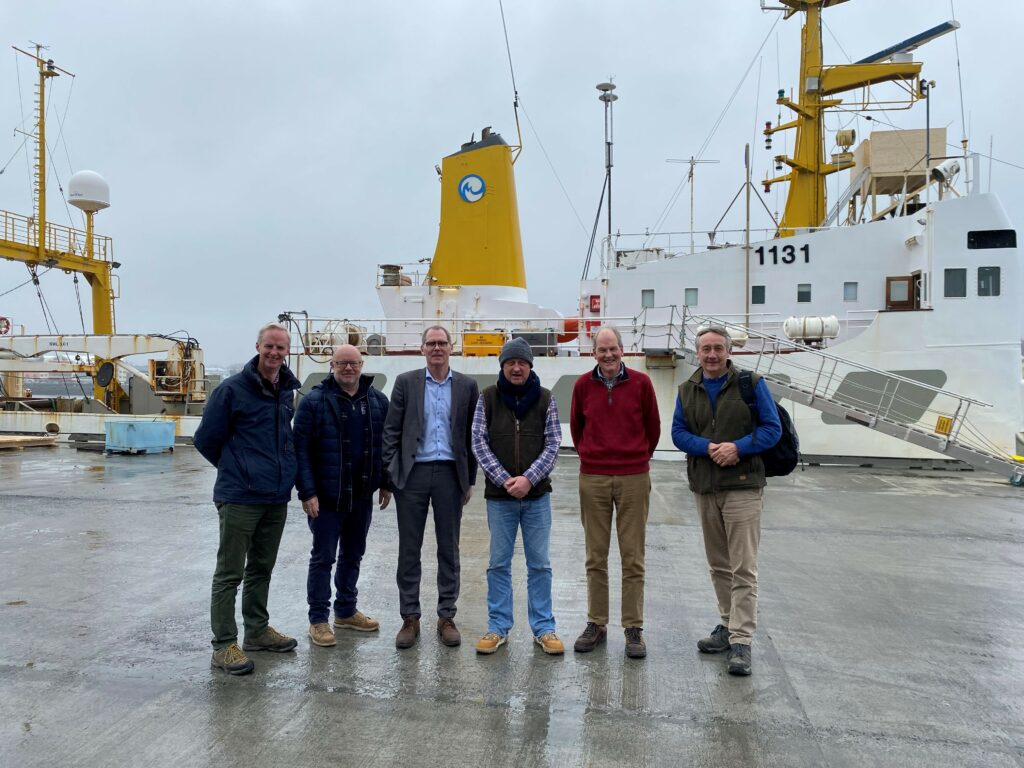
In April 2024 a team from Fishmongers’ went to Iceland to visit these sustainable fisheries at source – speaking with the catching and processing sector at Brim, the Icelandic government’s Marine and Freshwater Research Institute, the innovators behind the Iceland Ocean Cluster, and the rapidly evolving on-land salmon farming industry.
Drawing threads together, the team visited diplomats at the British Embassy in Reykjavík, where the Prime Warden Fred Stroyan hosted a Seafood Industry Reception alongside British Ambassador Bryony Mathew. This evening event, featuring British sparkling wine paired with Icelandic seafood, was well attended by people working across government and industry in Iceland, including the new-in-post Icelandic Minister for Food, Agriculture and Fisheries, Bjarkey Olsen Gunnarsdóttir.
The Prime Warden is no stranger to Iceland, having long standing import relationships with the whitefish sector. The visit gave him a chance to draw the work of our Fisheries Charitable Trust closer to the innovation and sustainable practices of the Icelandic industry. Alongside the Prime Warden, Nigel Bankes, Court Member and Chair of the Fisheries Committee, led the Fishmongers’ team which also included Clerk Toby Williamson, Fisheries Director Andrew Wallace, and Programme Manager Eleanor Adamson. They were accompanied by Simon Dwyer of the Seafood Grimsby and Humberside Alliance (SGHA), who is working closely with the Fisheries Charity to boost our contribution and impact with the UK’s on land fish trading and processing sectors.
Gunnar Örlygsson, a key figure in the Icelandic seafood industry and long-time associate of the Prime Warden facilitated the visit, introducing the team to a wide cross section of those relevant to the Icelandic Seafood trade. Alongside his wife Dunna Johannsdottir, they ensured that the Team experienced the spectacular scenery as well as the fish industry!
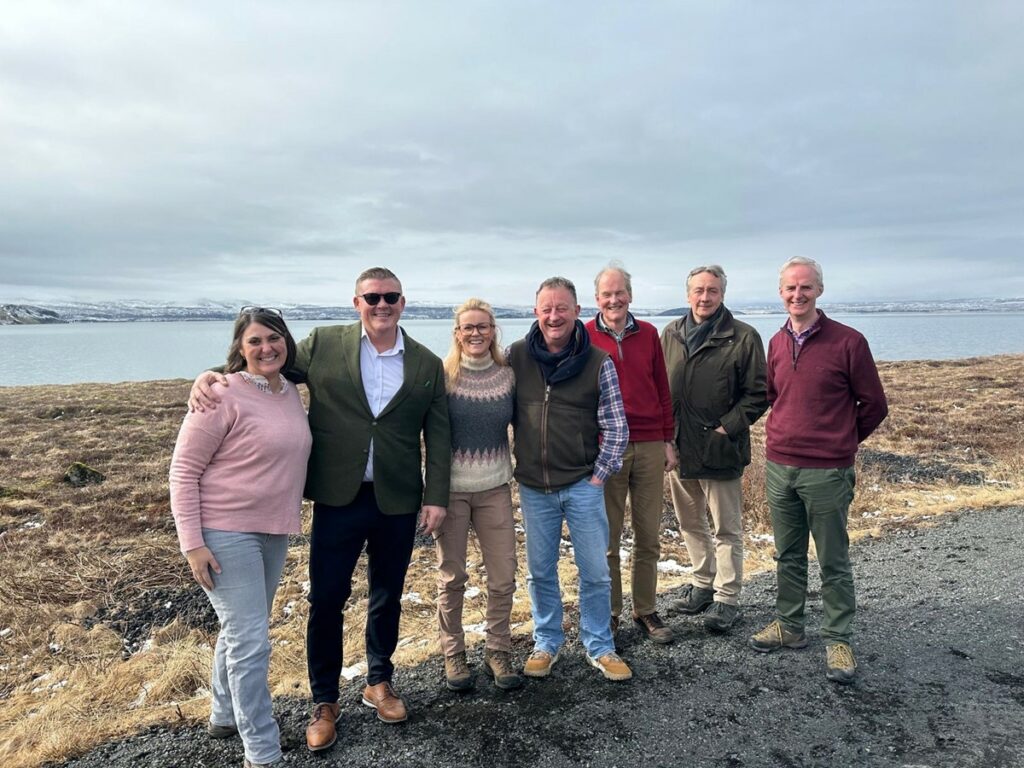
Fisheries Director Andrew Wallace said “This has been an eye opening and inspiring experience. The relationships cemented here will be a great asset as we grow our impact in the regional coordination of sustainably managed capture fisheries, and also in shaping our thinking about how we can best push forwards innovation on land, to support new ideas, products and value chains that fully utilise the fish we catch”.
SGHA’s Simon Dwyer said “I firmly believe the ‘Grimsby’ link with Iceland and fish is further solidified with Fishmongers’ Company engagement. I felt the meetings with producers, Government departments and the Iceland Ocean Cluster in particular, presented further opportunities for SGHA to engage with our key trading partner. The discussions around school engagement, skills, science, carbon and start-ups leaves lots of new opportunities.”

